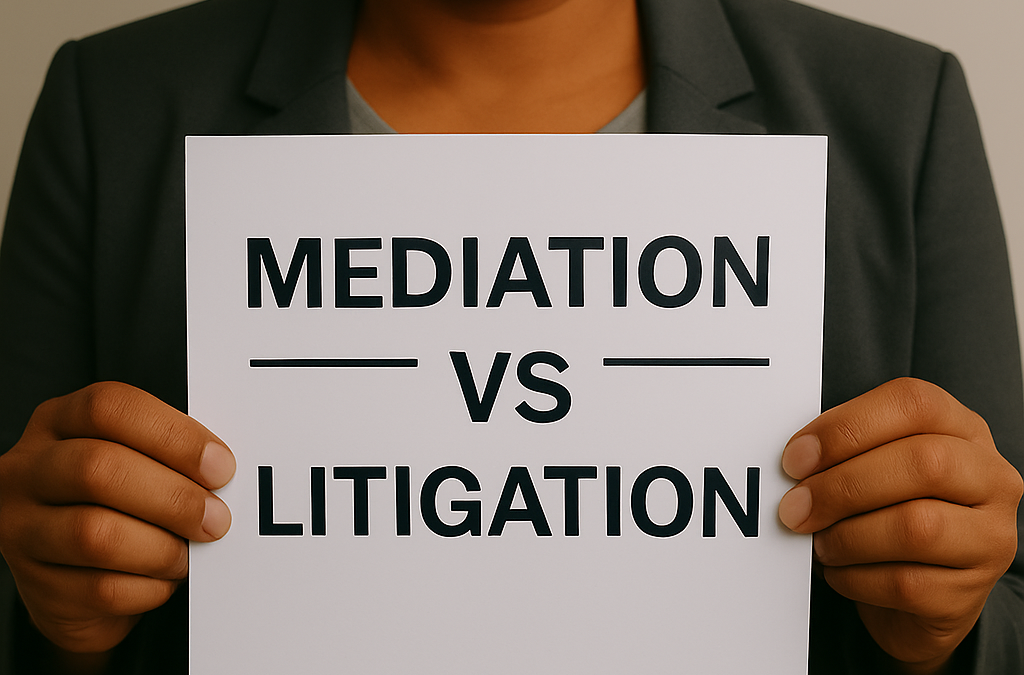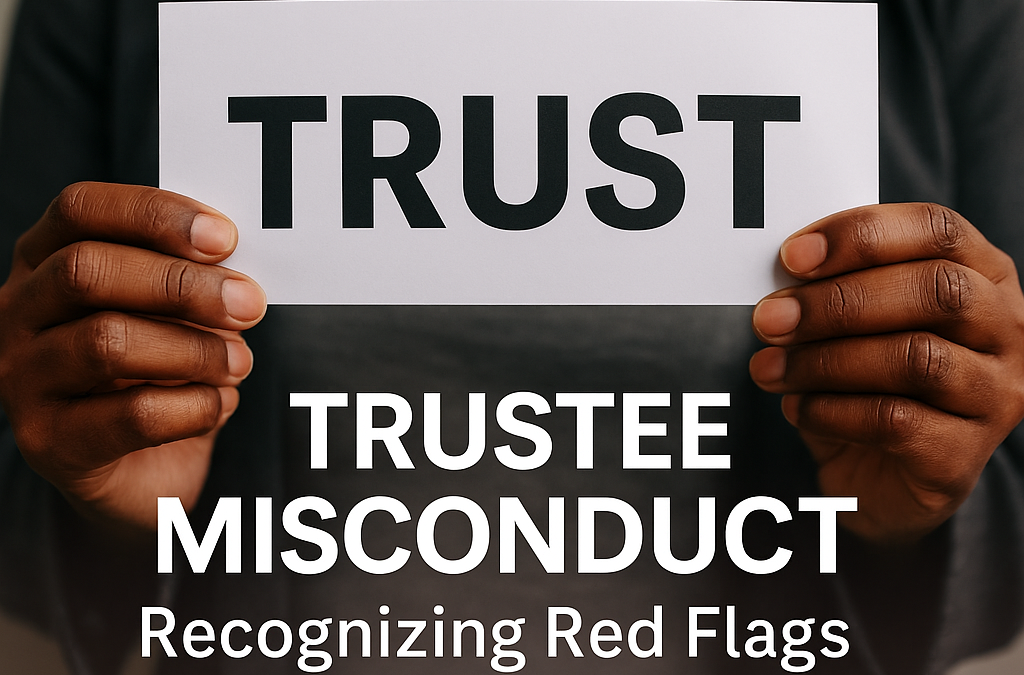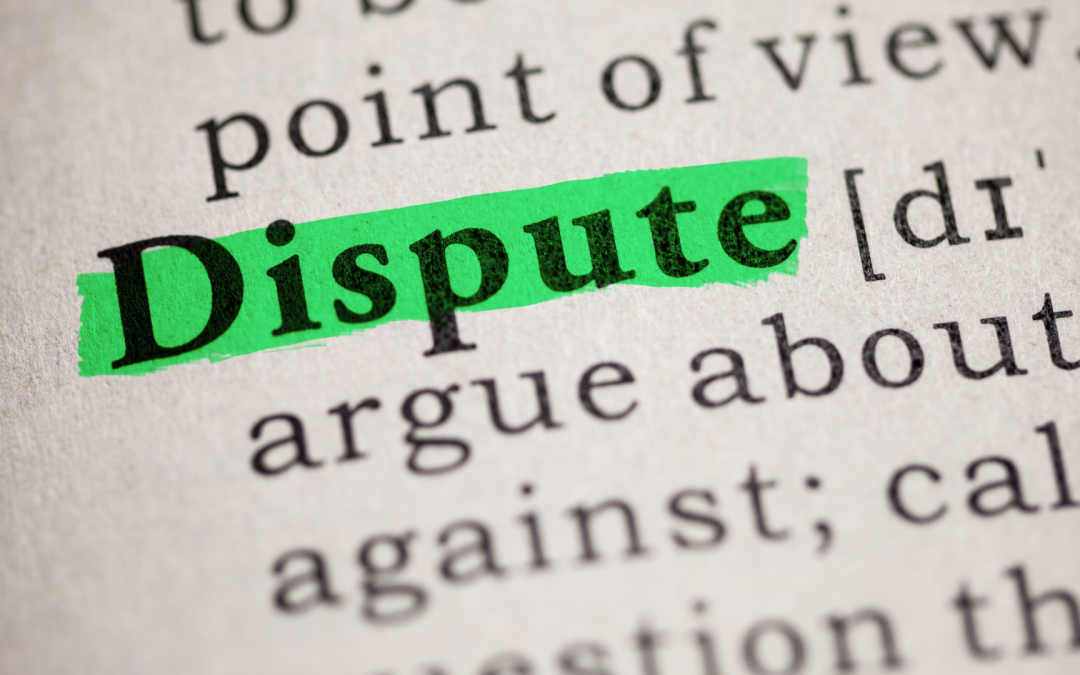
Introduction
The case of Crystal Ball Properties 65 (Pty) Ltd and Others v Landsmeer Home Owners’ Association NPC and Another (46115/21) [2023] ZAGPPHC 2034, presided over by COLLIS J, delves into the intricate balance between majority rule and minority protection in the context of Home Owners’ Associations (HOAs). This case sheds light on the provisions of the Companies Act No 71 of 2008, particularly Section 163, which addresses situations where the actions of a company are deemed oppressive, unfairly prejudicial, or disregard the interests of certain members or shareholders.
Background
At the heart of this dispute is a special resolution passed by the Landsmeer HOA, which exempted the developer (Second Respondent) from paying various levies. The Applicants, comprising both individual and corporate members of the HOA, challenged this resolution as oppressive and unfairly prejudicial under Section 163 of the Companies Act. The case centered on whether the resolution and subsequent MOI amendments were justifiable, or if they unfairly favored the developer at the expense of other members.
The Court’s Analysis and Decision
Oppressive and Unfairly Prejudicial Conduct
The court closely examined whether the actions of the HOA and the developer were oppressive or unfairly prejudicial to the Applicants. Judge COLLIS referred to the legal standards set in previous cases, emphasizing the importance of fair play and fair dealing in the affairs of a company, especially in homeowner associations where the relationship between members is akin to a voluntary social association (paragraph 79).
The Heritage Hill Decision
A pivotal aspect of this case was the interpretation and application of the Heritage Hill decision, which clarified that developers are liable to pay levies. The court rejected the respondents’ argument that this decision changed the law, instead affirming that it merely clarified existing legal positions (paragraph 73).
The Court’s Order
The court sided with the Applicants, declaring the special resolution and related agreements as oppressive and unfairly prejudicial. It ordered the amendment of the HOA’s MOI to remove the clauses exempting the developer from levy payments. This decision underscored the principle that majority power within a company (or an HOA) should not be exercised in a manner that is unfairly detrimental to minority members.
Memorable Quote
A notable quote from the judgment, reflecting the essence of fair corporate governance, is found in paragraph 77: “What is now required is fair play or fair dealing. A member will usually be entitled to relief where a dominant group of shareholders use their greater voting power unfairly, disabling others from enjoying fair participation in the affairs of the company.”
FAQs
Q1: What does Section 163 of the Companies Act entail?
A1: Section 163 provides relief to members or shareholders when the company’s affairs are conducted in a manner that is oppressive, unfairly prejudicial, or disregards the interests of some members.
Q2: Can a Home Owners’ Association exempt a developer from paying levies?
A2: As demonstrated in this case, such exemptions, if deemed oppressive or unfairly prejudicial to other members, can be overturned by the court under Section 163 of the Companies Act.
Q3: Does the Heritage Hill decision change the legal obligations of developers regarding levy payments?
A3: No, the Heritage Hill decision did not change the law; it clarified the existing legal position that developers are liable for levies.
Q4: What are the implications of this case for Home Owners’ Associations?
A4: This case underscores the importance of fair and equitable treatment of all members in an HOA, ensuring that majority decisions do not oppress or unfairly prejudice minority members.
Conclusion
The Crystal Ball Properties case is a landmark in ensuring equitable treatment within corporate entities like HOAs. It serves as a reminder that while majority rule is a cornerstone of corporate governance, it must be balanced with the fair treatment of all members, safeguarding their rights and interests.











